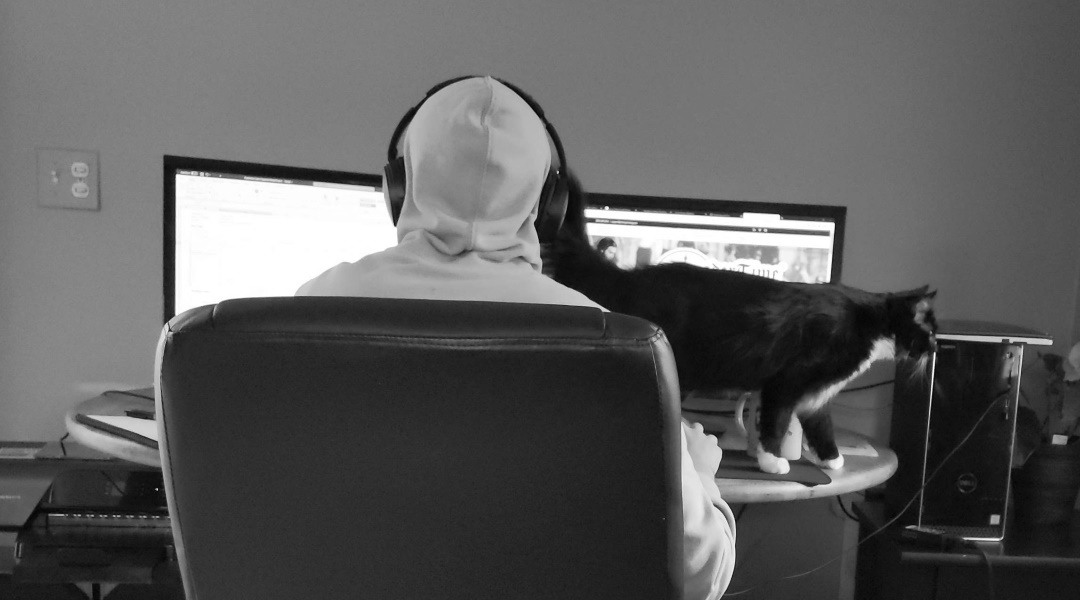The Importance of Leisure on Labor Day
The U.S. Department of Labor notes that Labor Day “constitutes a yearly national tribute to the contributions workers have made to the strength, prosperity, and well-being of our country.” That all sounds nice, but these statements are missing one very important word: Leisure.
Holding up “work” as the center of attention on Labor Day is to miss the point of work in the lives of any human being. As Aristotle noted in the fifth century B.C., “Happiness is thought to depend on leisure; we work in order to be at leisure…” So, to understand the true nature of human labor, we must understand our need for leisure.
Our Work Culture
It is worth remembering our country’s tumultuous past around labor. Between 1877 and 1900, American presidents sent the U.S. Army into 11 strikes, governors mobilized the National Guard in somewhere between 118 and 160 labor disputes, and mayors called out the police on numerous occasions to maintain “public order.”
This animosity and vitriol surrounding the advent of Labor Day and the early days of the American labor movement were not the product of the laborers’ desire to be honored for their contributions; they wanted to be paid more so that they could work less. They wanted, quite naturally, among other things, leisure.
Fifty years ago, German philosopher Joseph Pieper said that, “The original meaning of the concept of ‘leisure’ has practically been forgotten in today’s leisure-less culture of ‘total work.’” The evidence supports his claim. In a 2015 survey, Bloomberg BNA found that more than 40 percent of employers required at least some of their employees to work on Labor Day.
The powers that be in college football are taking advantage of an extra day of viewership and are spreading their flagship weekend of games through Monday. And, a quick glance at the newspapers in the days leading up to the long weekend points to endless sales at nearly all retailers.
Leisure has Been Re-Prioritized
Part of this re-prioritization stems from the fact that we misunderstand leisure. Many of us (myself included) engage in useful activities we claim to be leisure but really aren’t, such as cutting the lawn or other household chores.
We call these activities leisure because they are done at home not at work, but for the most part they are really just another form of work. Leisure is more than simply not being at work. Leisure is a habit of your mind being open and receptive to the real goodness of life. Real leisure calms the soul. It allows us to give all of the demands on our time a rest, and simply enjoy our lives.
Leisure is strengthened through hard work and vice versa. However, if you live a life of leisure without discipline, you can fall into the trap — or the couch — of being lazy. Conversely, we can become addicted to urgency (being busy all the time) and not stop long enough to smell the roses.
Good leaders understand not only their own, but also their employees’ need for leisure. There is no one right way to respect it, and no magic bullet for achieving it. Some companies have gone to a 4-day work week, a “work-at-home” model, or an expanded bank of vacation or personal hours so that their employees have time for leisure.
Other companies have tried to integrate more relaxation into their office environment; Google, for instance, has dedicated spaces around their complexes for lavish lounging or enjoying high-quality meals, while others plan elaborate getaways for team relaxation and team building.
All of these approaches have the potential to enable the leisurely habit of mind, but, since they revolve around work, can also become false forms of leisure that lead to weary distractions from the real leisure that employees need with their families and friends.
Some Suggestions for Labor Day
Obviously, leisure helps us to recharge our batteries and get ready for work. More importantly, it gives us time to do those things that make us all distinctly human. I recommend taking time to unplug completely and enjoy the company of friends and family, or the solitude of some time alone.
If you are a leader of an organization requiring employees to work this Labor Day, and your situation is not one of public safety or protecting the common good, consider giving your employees this day off. Remember, in most cases, whatever needs to be done can probably wait. That means it is not too late to help promote leisure.
Make this Labor Day a real day of leisure.

